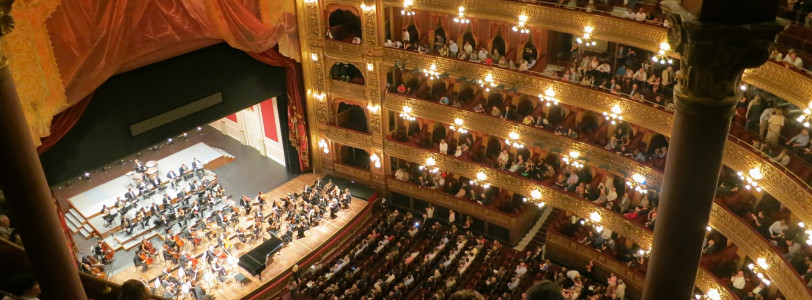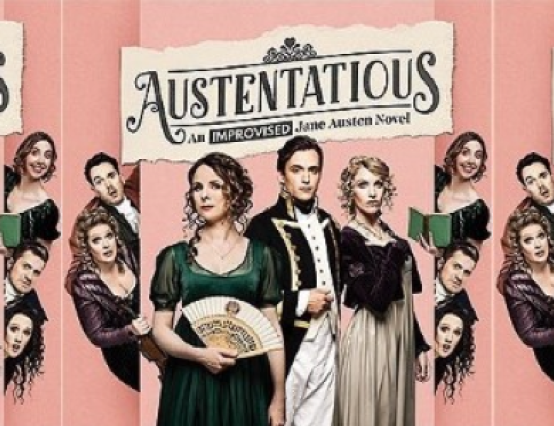The jukebox musical has heralded in a new era of popularity for theatre, but it has also raised an unexpected complaint. Theatres are normally thrilled to see a bustling auditorium of enthusiastic patrons, but where does the line need to be drawn between enthusiasm and interference?
On 6 April, one of the discussions on ITV’s ‘This Morning’ was a Manchester theatre’s decision to ban its patrons from singing along to ‘The Bodyguard’. Signs specifically forbidding audience members from singing along were placed around the theatre, with front of house staff enforcing the rule from the auditorium during the show.
Presenters Alison Hammond, Vanessa Feltz, and Dermot O’Leary mocked this initiative, with Vanessa even saying, "Isn't the whole point of going to a musical that you know, that you sing along to all the bits you know, and then when you don't know the words, you just make them up. I mean, isn't that what everybody does? Very, very loudly while eating an ice cream." The team were strongly against the idea of controlling the way that the audience interacted with the performance, arguing that it ruined the joyous atmosphere of musical theatre.
Not everybody agreed with them.
A torrent of criticism spiralled through the internet, with actors preaching the benefits of auditorium etiquette and audiences arguing they paid to watch the cast and not fellow patrons. Others point out that there are several more interactive productions available to those wishing to get involved, such as special sing-a-long nights and immersive experiences.
But not all criticism was left to the internet. One day after the matter was discussed on ‘This Morning’, newspapers reported a “riot” erupting at the very same theatre mentioned on air, when a woman in the audience tried to sing over the cast in ‘The Bodyguard’s’ final number. With a disruption already halting the first act, the show was eventually stopped before its final note was sung when security staff ushered two audience members out of the theatre. Police were called to the scene.
Patrons were left dissatisfied with the performance cut short, and cast were left shocked and disappointed by the turn of events. The leading lady of the production, Melody Thornton, was recorded saying, “For everything that happened tonight, I can’t say, I don’t have all of the details. I just am very, very sorry that we couldn’t finish the show. I fought really hard. It feels awful.. … I thank everyone who was respectful of the performers and am very, very sorry for those who weren’t. I hope we see you soon.”
While further outrage was redirected back at the hosts of ‘This Morning’ for their careless comments and misleading influences, the incident remains a fascinating exploration into the way that an audience interacts with a production. Today, audience etiquette seems to be the popular answer to this debate, yet that was not always the case. Indeed, up until the 1800s, theatre was viewed as a social occasion as well as an entertainment. Audiences frequently interrupted and spoke over the performance, with audience members even sitting on the stage and talking directly to the cast. British theatrical history popularised interaction with the production - the origin of the pantomime tradition we maintain to this day.
Nonetheless, the professionalisation of the industry has turned this social event into an art form. Cast members wish their craft to be respected, audiences wish their experience to be polite.
Accordingly, the practice of audience participation seems to have reached its timely conclusion. While it may once have been a way of expressing appreciation for a production, it has turned into an expression of disrespect and disregard. Certainly, events from April 7th suggest provocative, rather than supportive, intentions.
It is clear that we must move with the times. After all, traditions are being remade on the stage each night. And so, for today, audience participation should be at the request of the cast, and not the prerogative of the audience.









0 Comments